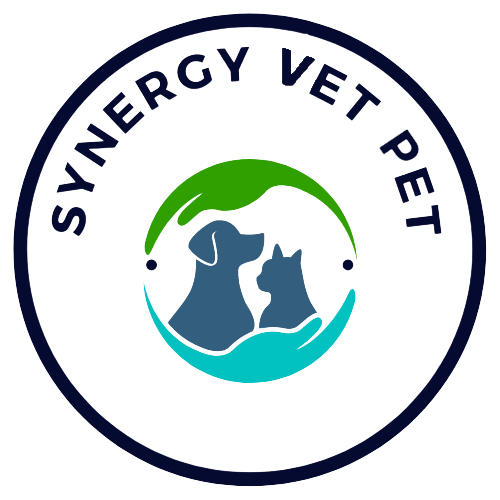Introduction
Allergies are a common health concern among humans, but they can also affect our pets, including cats and dogs. Pet allergies can cause a range of symptoms, from mild itching and skin irritation to more severe reactions that affect the respiratory system. In this article, we will explore the different types of pet allergies, their effects on cats and dogs, and what foods they should and should not eat to prevent allergic reactions.
Types of Pet Allergies
There are several types of pet allergies that can affect cats and dogs, including:
- Food allergies – caused by an allergic reaction to a specific ingredient in their diet, such as beef, chicken, or grains.
- Environmental allergies – caused by allergens in the environment, such as pollen, dust, and mold.
- Flea allergies – caused by an allergic reaction to flea saliva.
- Contact allergies – caused by contact with certain materials or substances, such as fabrics or cleaning products.
Effects of Pet Allergies on Cats and Dogs
The effects of pet allergies can vary depending on the type and severity of the allergy. In general, the symptoms of pet allergies can include:
- Skin irritation and itching – pets with allergies may scratch or lick their skin excessively, leading to irritation, redness, and hair loss.
- Ear infections – pets with allergies may develop ear infections, which can cause discomfort, itching, and discharge from the ear.
- Respiratory problems – pets with allergies may experience respiratory problems, such as coughing, sneezing, and wheezing.
- Gastrointestinal problems – pets with allergies may experience gastrointestinal problems, such as vomiting and diarrhea.
Cats and Dogs Should and Should Not Eat to Prevent Allergic Reactions
Food allergies are a common type of pet allergy, and it is important to feed your cat or dog a diet that is free from the ingredients that trigger their allergic reactions. Common allergens in pet food include beef, chicken, dairy, and grains. Here are some guidelines on what cats and dogs should and should not eat to prevent allergic reactions:
- Read the label – when buying pet food, read the label carefully to ensure that it does not contain any ingredients that your pet is allergic to.
- Choose hypoallergenic food – if your pet has food allergies, consider switching to a hypoallergenic diet that is made with novel protein sources, such as duck, rabbit, or venison.
- Avoid table scraps – feeding your pet table scraps can introduce new ingredients into their diet and increase their risk of allergic reactions.
- Avoid common allergens – common allergens in pet food include beef, chicken, dairy, and grains. If your pet has a known allergy to any of these ingredients, avoid feeding them food that contains them.
- Talk to your veterinarian – if you suspect that your pet has a food allergy, talk to your veterinarian. They can recommend a diet that is tailored to your pet’s needs and help you identify any potential allergens.
Conclusion
Pet allergies can cause a range of symptoms in cats and dogs, from mild itching and skin irritation to more severe respiratory problems. Understanding the different types of pet allergies and their effects on your pet is essential for preventing allergic reactions and ensuring your pet’s overall health and well-being. By following the guidelines on what cats and dogs should and should not eat to prevent allergic reactions, you can help manage your pet’s allergies and ensure that they stay healthy and happy.
References:
- American Veterinary Medical Association.





